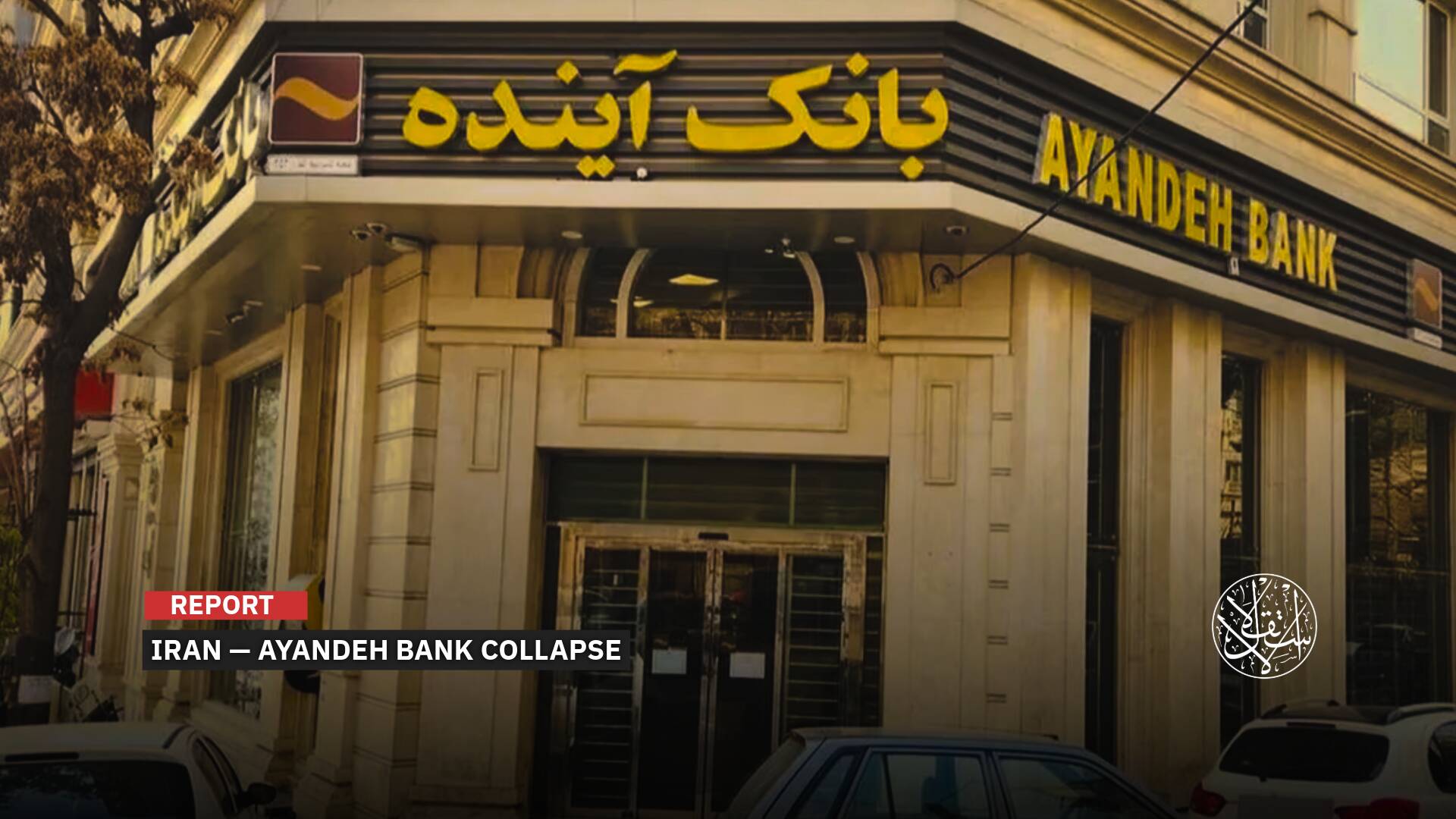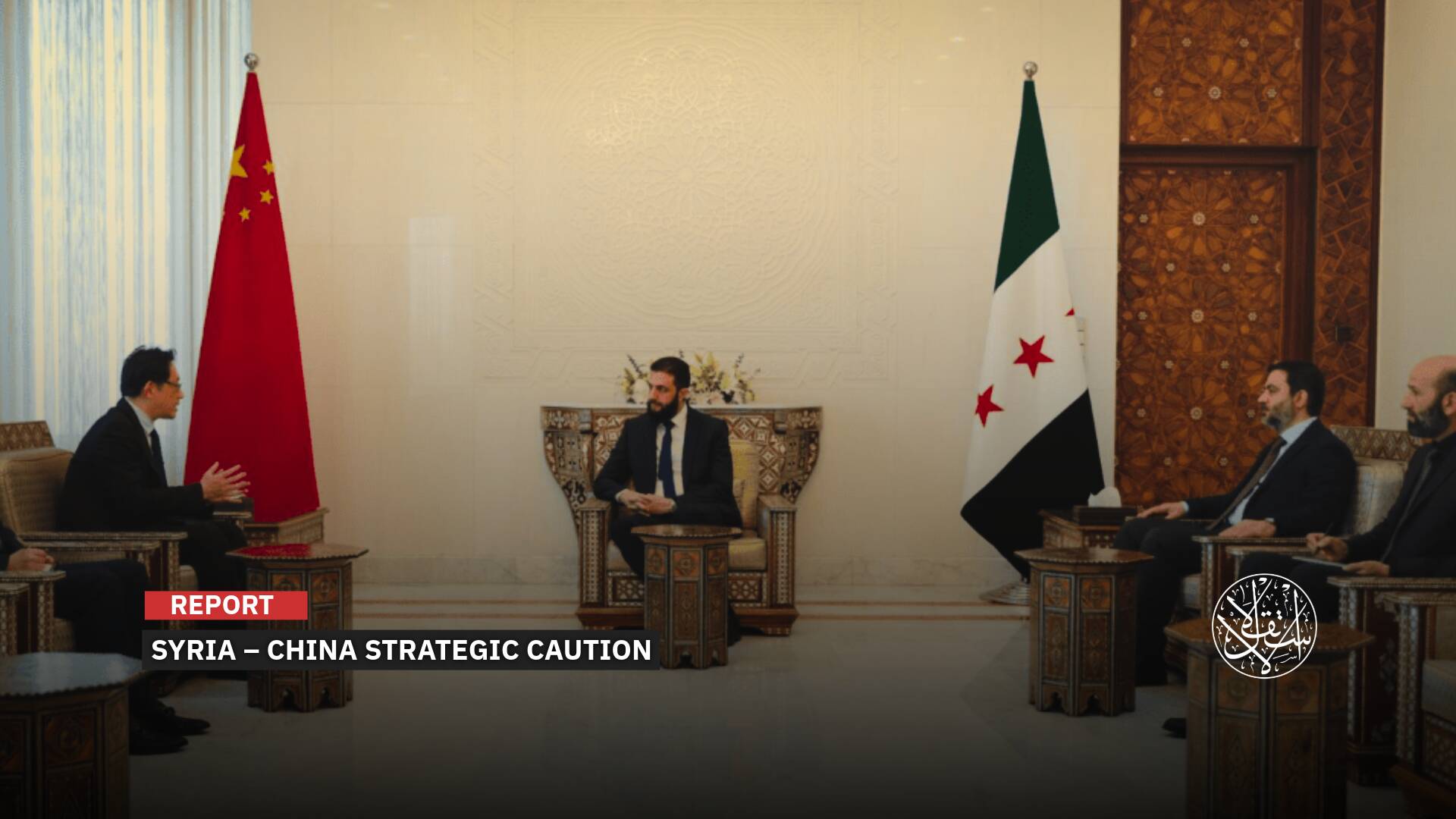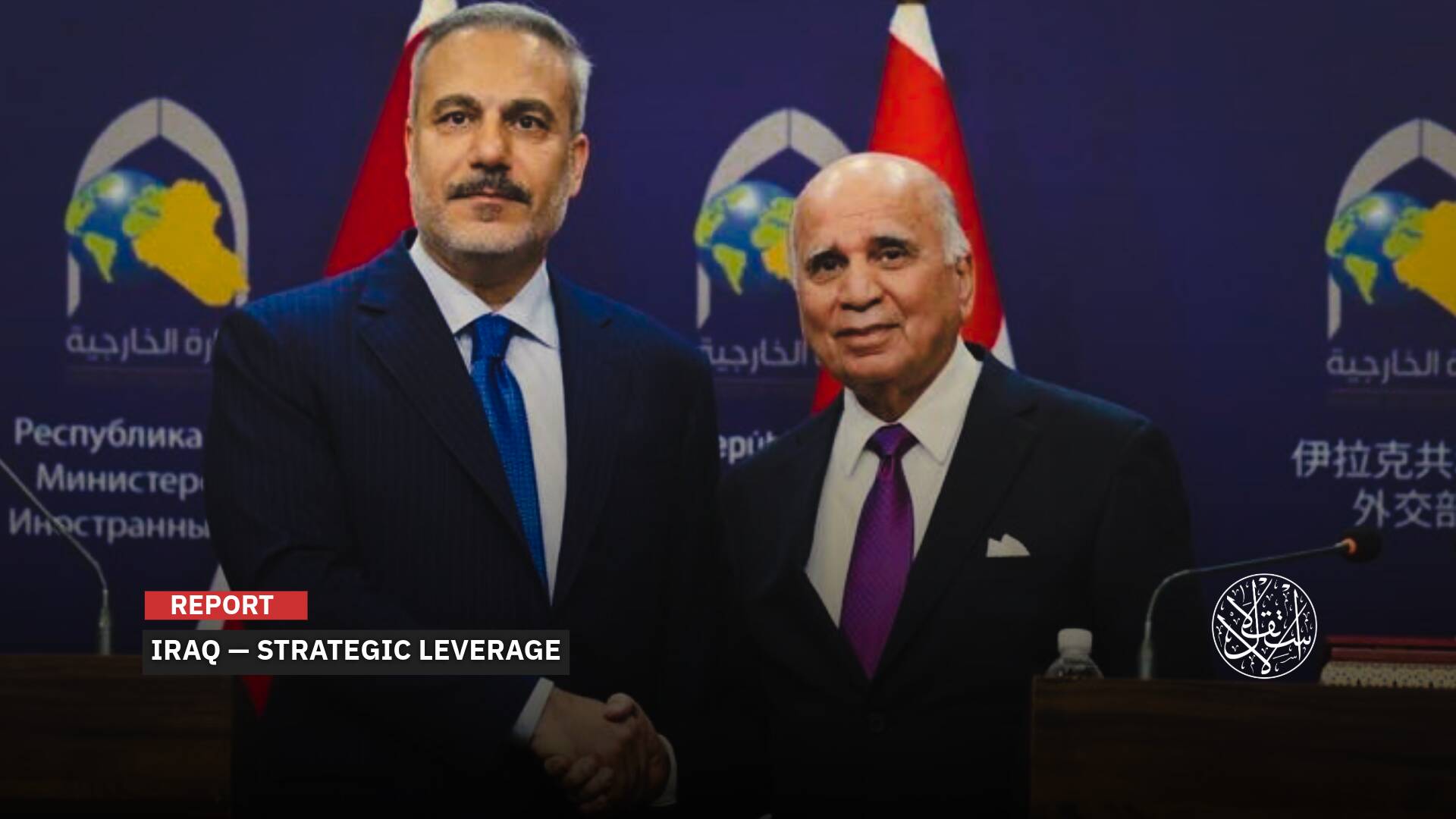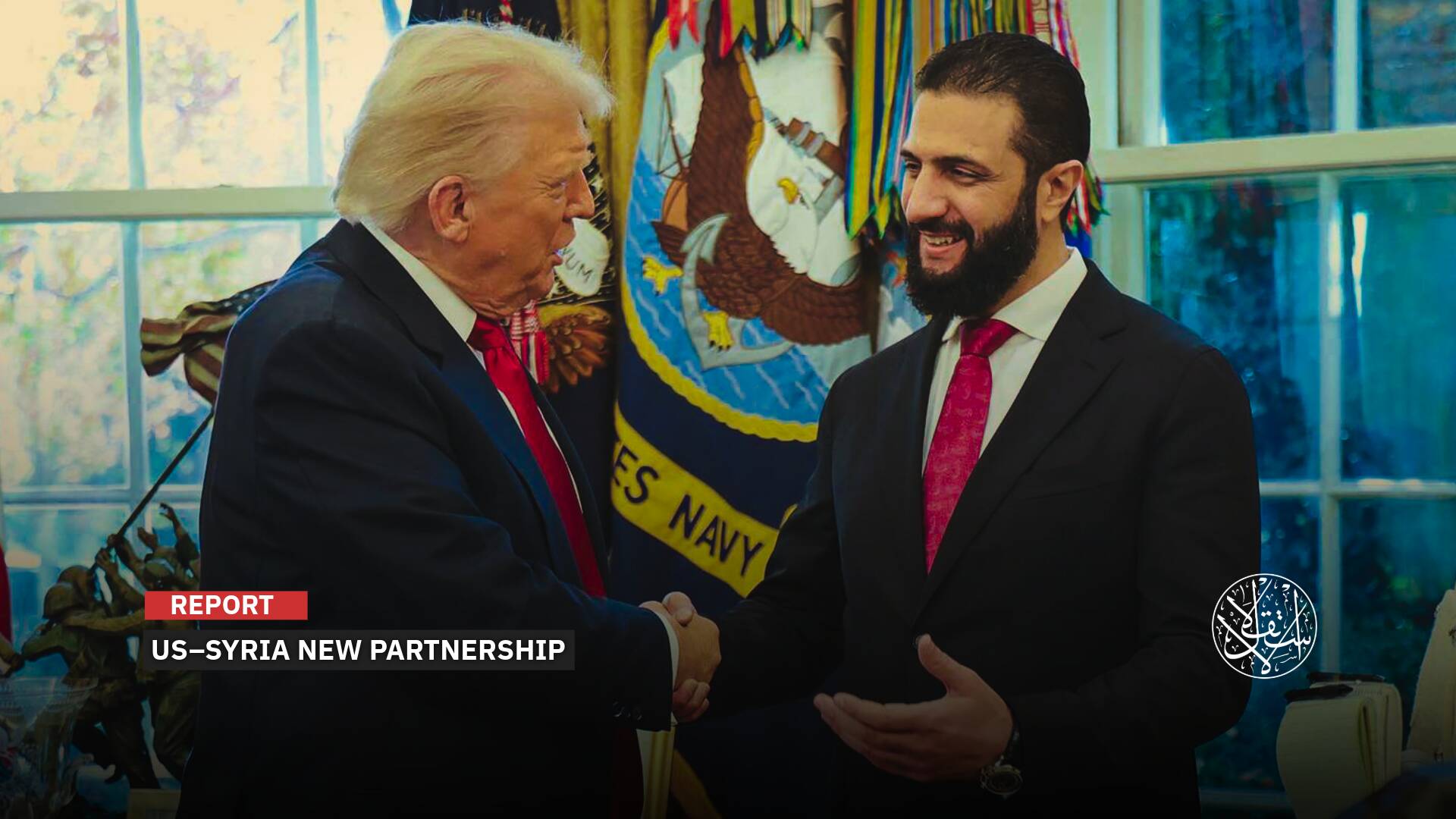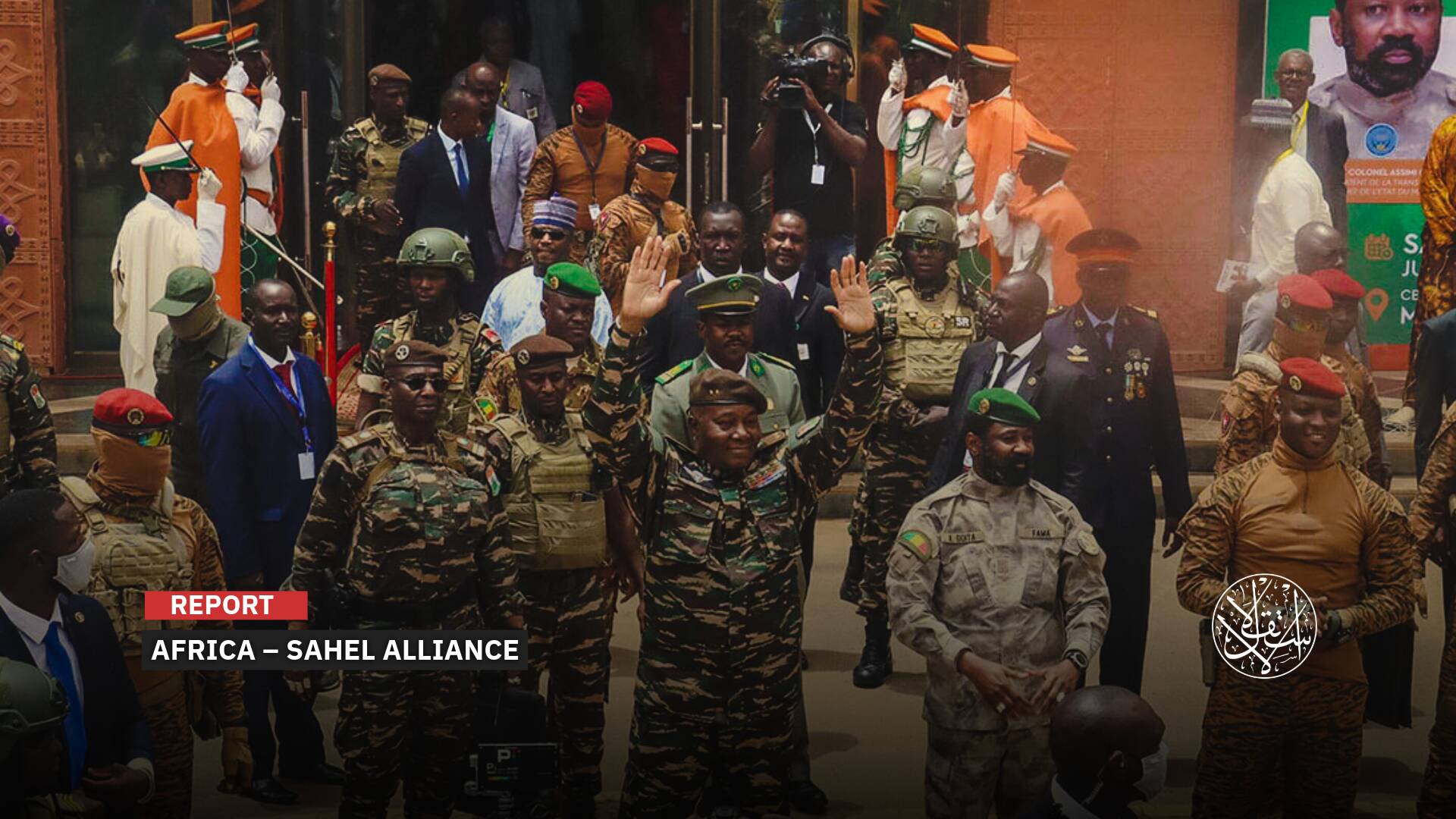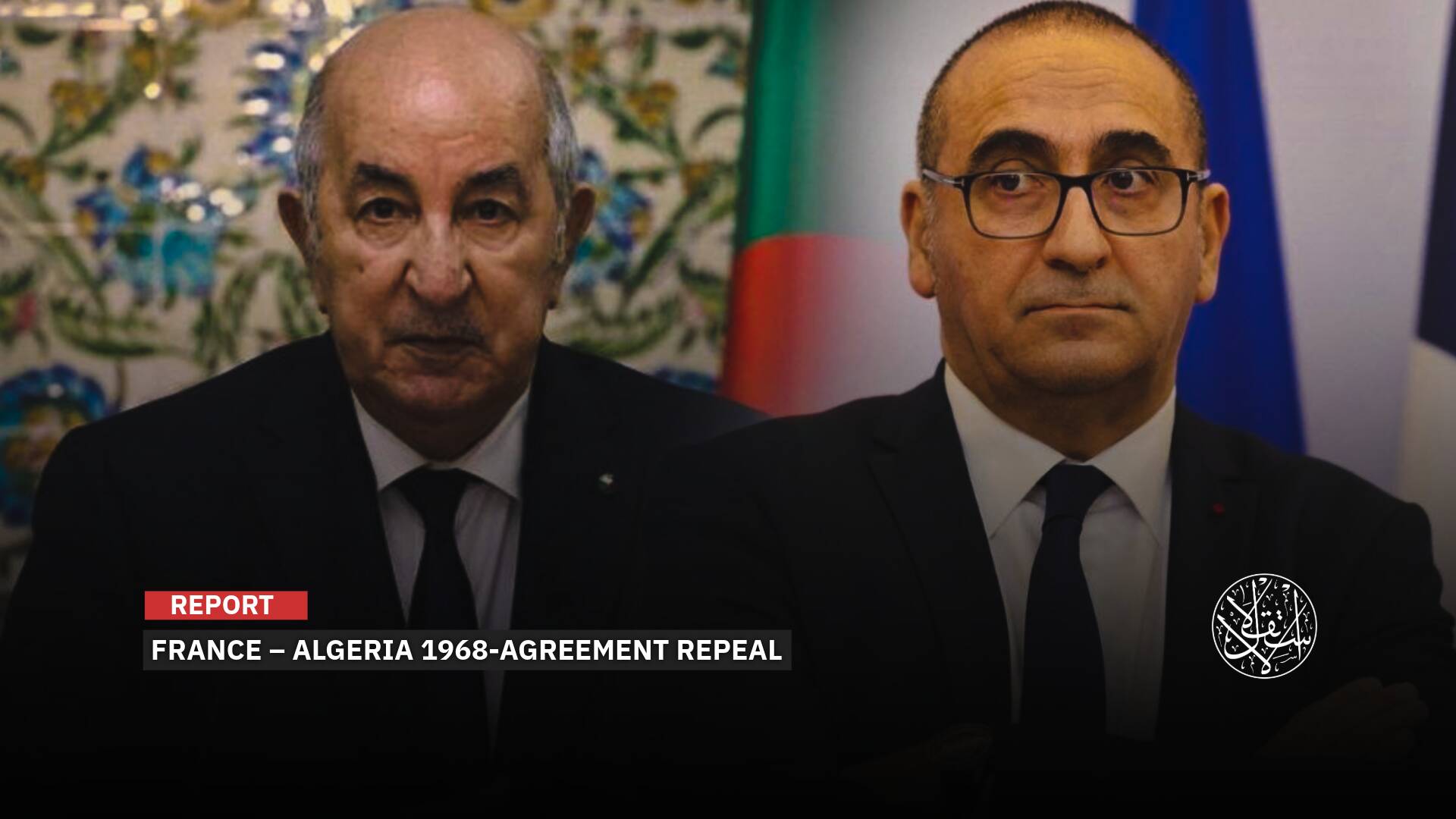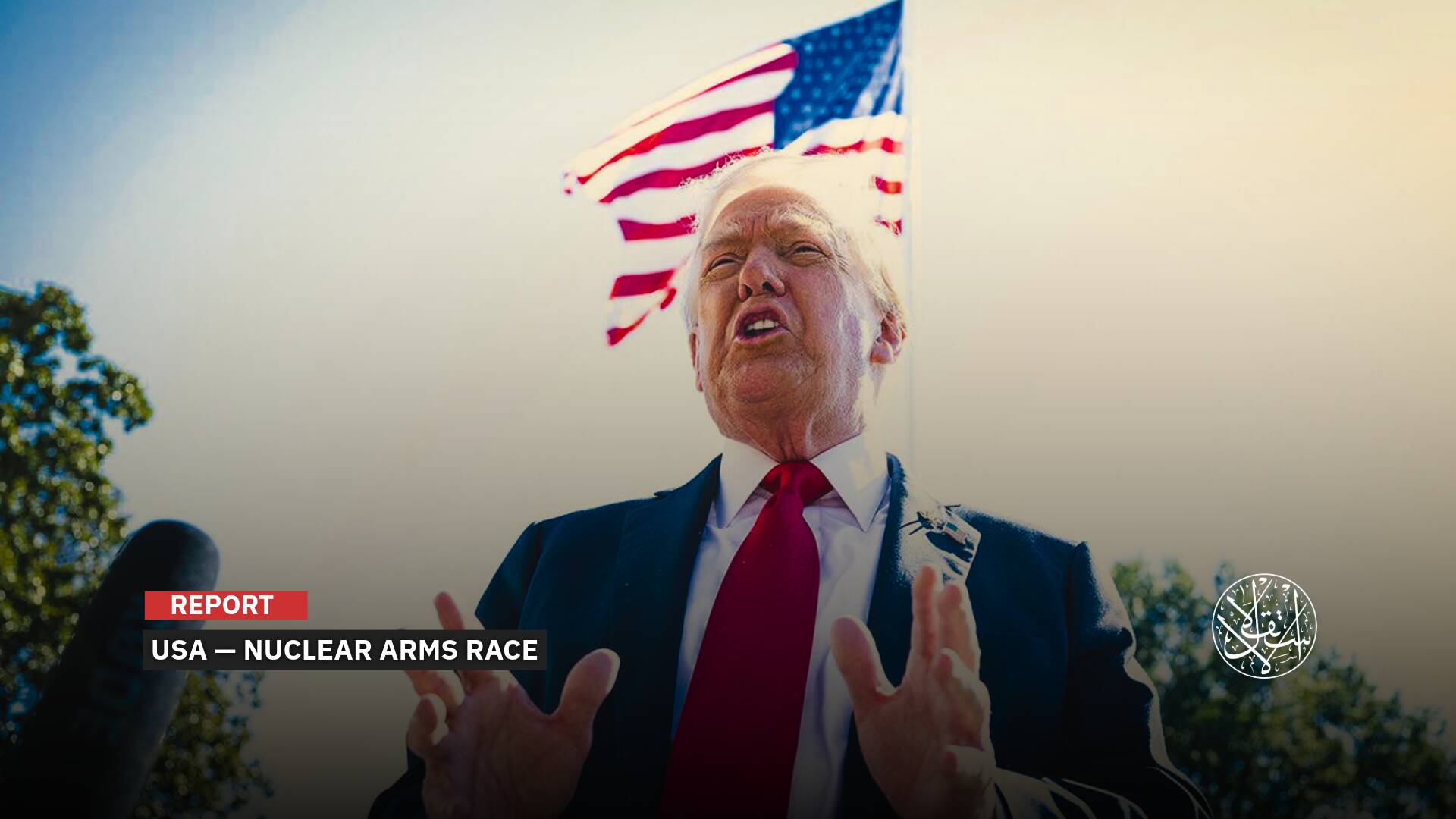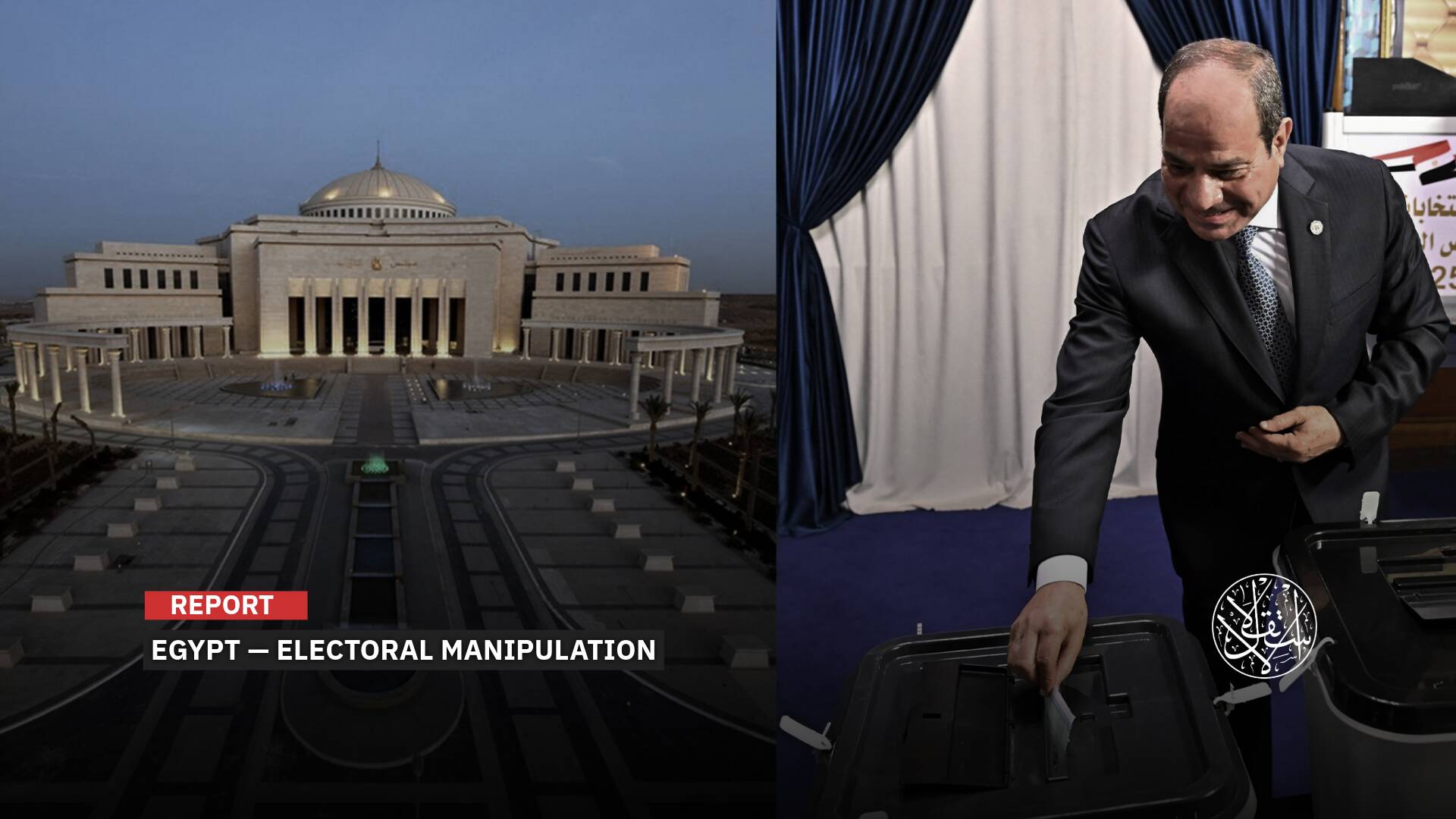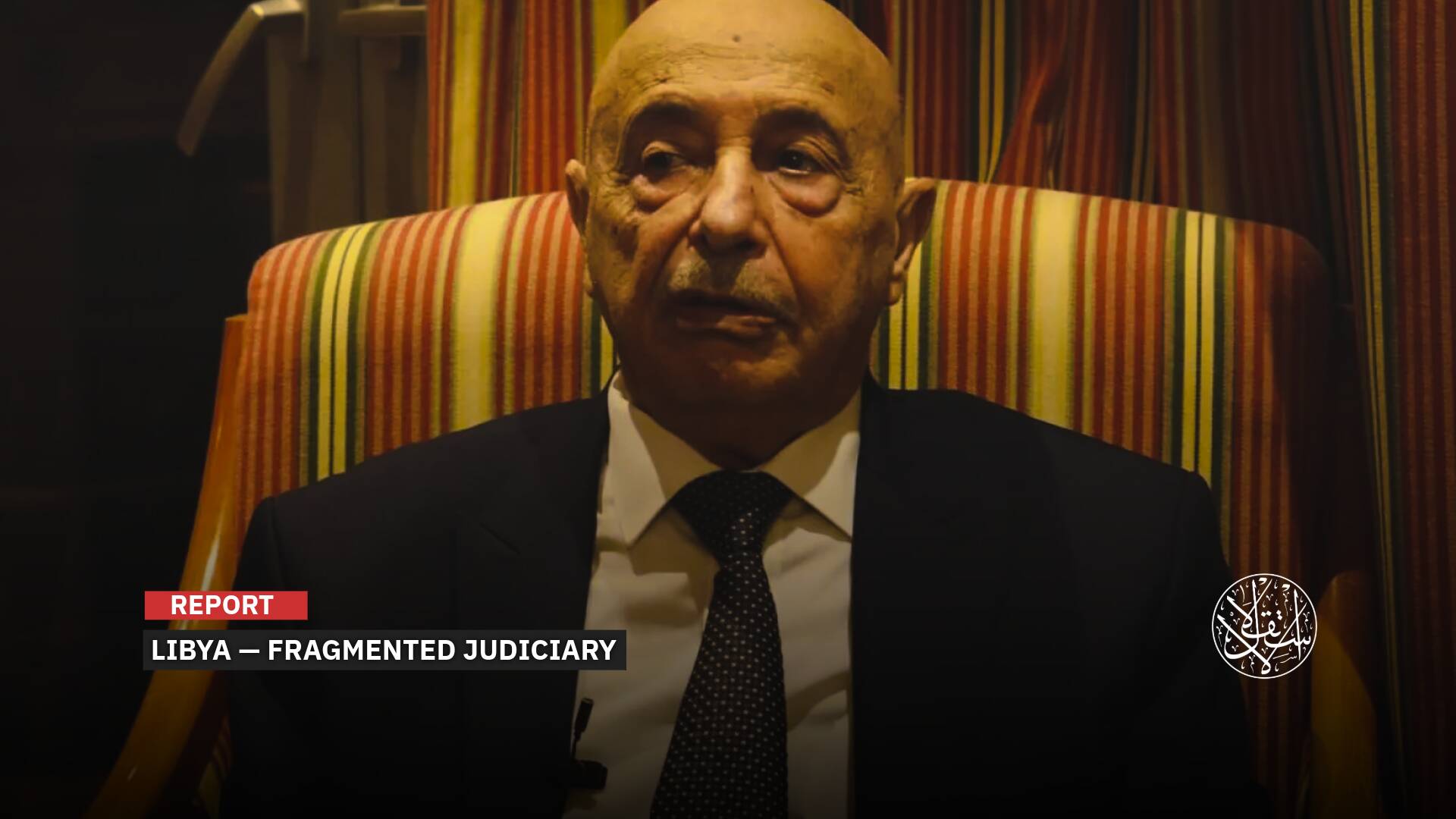China Leverages Economic Ties to Win Over Both Sides in Libya: How?
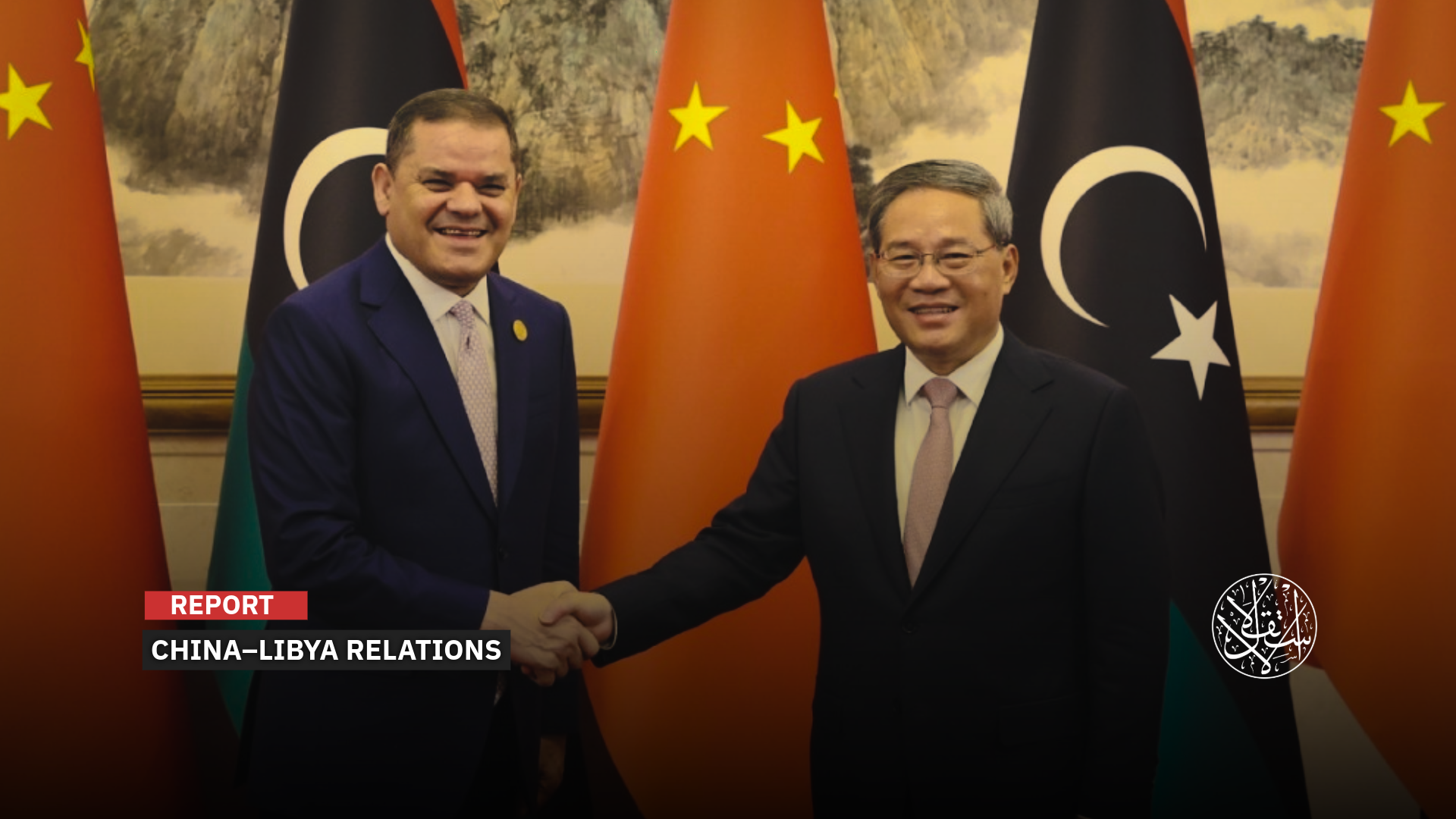
“China is a good friend of Libya. We firmly support its efforts to safeguard its sovereignty and territorial integrity.”
With measured and progressive steps, China is working to deepen its multi-dimensional cooperation in Libya, engaging both the internationally recognized government in the west and the eastern authorities aligned with retired military officer and coup leader Khalifa Haftar.
The significance of this collaboration was underscored by the Libyan Ministry of Foreign Affairs during a coordination meeting between the Asia and Australia Affairs Department and the Training Division of the Administrative and Financial Affairs Directorate, alongside the Chargé d’Affaires of the People’s Republic of China in Libya.
On September 9, 2025, the ministry highlighted that the meeting reflects efforts to nurture and advance diplomatic relations between Libya and China.
Officials discussed and evaluated the outcomes of previous programs and explored proposals to enhance future initiatives, strengthening diplomatic cooperation between the two countries while leveraging shared expertise and experience in the field.
On July 20, 2025, the Director General of the Libya Development and Reconstruction Fund, Belkacem Khalifa Haftar, signed a memorandum of understanding with a coalition of China’s Power China and Portugal’s Future company to implement strategic projects in Benghazi.
The Libya Development and Reconstruction Fund said in a Facebook post that the strategic projects in Benghazi will include the development of Benina International Airport to meet the highest global standards and the establishment of the Elmreisa Free Zone.
The agreement between the two sides includes the construction of solar power plants and water treatment facilities, as well as a railway line linking Benghazi to al-Marj on the Egyptian border, directly connecting eastern Libya to regional transport networks.
Among the major projects reflecting China’s growing presence is the Benghazi Metro, with estimated funding between 24 and 30 billion euros.
The project is being implemented by China Railway International in partnership with Germany’s Siemens and the UK-based engineering firm Arup.
Residential and commercial projects have also been proposed in the cities of Derna and Benghazi, aiming to boost the local economy and improve living conditions.
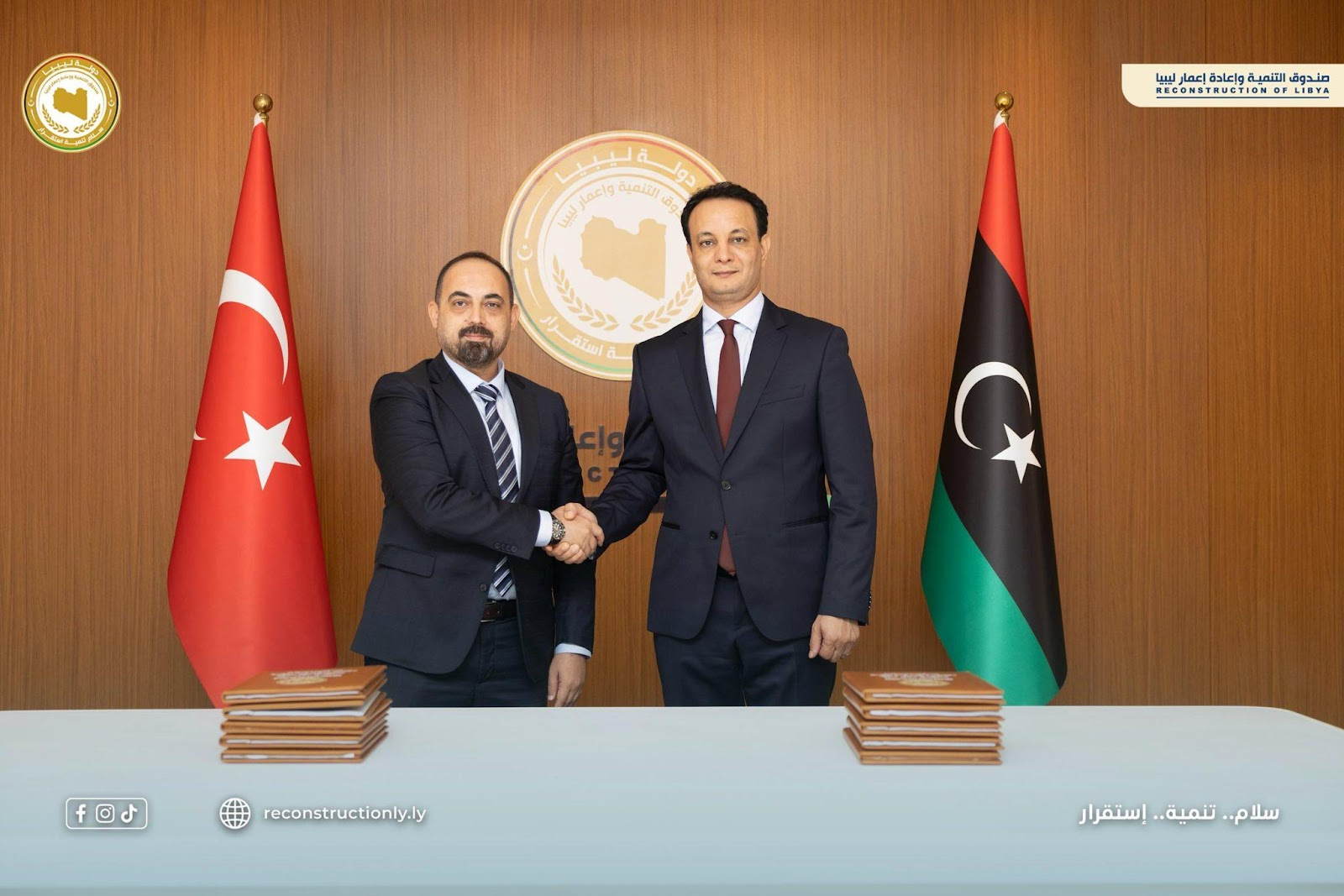
Chinese Messages
On the diplomatic front, China has made no secret of its focus on Libya’s promising economic horizon, stressing the need for a supportive political and institutional environment.
“Libya has long been mired in a political stalemate. Promoting the political process is the key to lasting stability in the country. China welcomes and supports SRSG Tetteh’s active engagement with all parties in Libya and her mediation efforts to help them bridge political differences,” said Sun Lei, China’s deputy permanent representative to the United Nations.
During a UN Security Council session on June 24, 2025, the Chinese diplomat reaffirmed Beijing’s support for the UN mission in Libya, its full respect for the will of the Libyan people, and the urgent need for national unity. He emphasized that China is ready to continue active participation in the process.
Sun Lei stressed that maintaining security and stability is a top priority, calling on the international community to support Libya in accelerating public finance reforms and achieving a unified budget as soon as possible to lay a strong foundation for economic stability.
As Libya’s economic challenges intensify, issues such as foreign exchange shortages, inflation, and currency depreciation could undermine social stability and fuel further unrest if not addressed in a timely manner, according to the diplomat.
“We encourage all parties in Libya to strengthen dialogue and communication and to establish comprehensive, lasting, and balanced security arrangements as soon as possible to prevent the recurrence of violent conflicts,” he said. “The international community should provide full support and assistance in that regard.”
Lei also noted that Libya’s frozen assets abroad are a shared national wealth and that relevant international financial institutions should protect and properly manage these funds while responding to Libya’s legitimate request for reinvestment.
“Libya’s frozen overseas assets are the commonwealth of the Libyan people, and the relevant international financial institutions should protect and manage the frozen funds properly and respond positively to Libya’s reasonable request for reinvestment of the funds.”
“Libya is rich in oil and other resources and was once one of the better-developed countries in Africa. We believe that with the support of the international community, the Libyan people will be able to lead their country onto the road of rejuvenation at an early date,” he added.
“China is a good friend of Libya. We firmly support its efforts to safeguard its sovereignty and territorial integrity and is ready to play a constructive role in its early realization of lasting peace, development, and revitalization,” Lei said, affirming Beijing’s readiness to play a constructive role in achieving lasting peace, development, and recovery as soon as possible.
Meanwhile, China’s Chargé d’Affaires in Libya, Liu Jian, highlighted that the traditional friendship between the two countries has strengthened over time, thanks to mutual support.
In an article marking the 80th anniversary of the end of World War II, the Chinese envoy pledged on August 31, 2025, that China would defend Libya’s legitimate rights and interests on international platforms, according to Libya Observer.
He reiterated that China will strongly support all efforts to protect Libya’s sovereignty, unity, and territorial integrity, emphasizing support for a Libyan-led political process.
Liu also stated that China will enhance cooperation with Libya through the China-Arab and China-Africa cooperation forums and the Belt and Road Initiative. Beijing aims to play a positive role in Libya’s development and reconstruction, deepening the existing strategic partnership and expanding practical cooperation across multiple sectors.
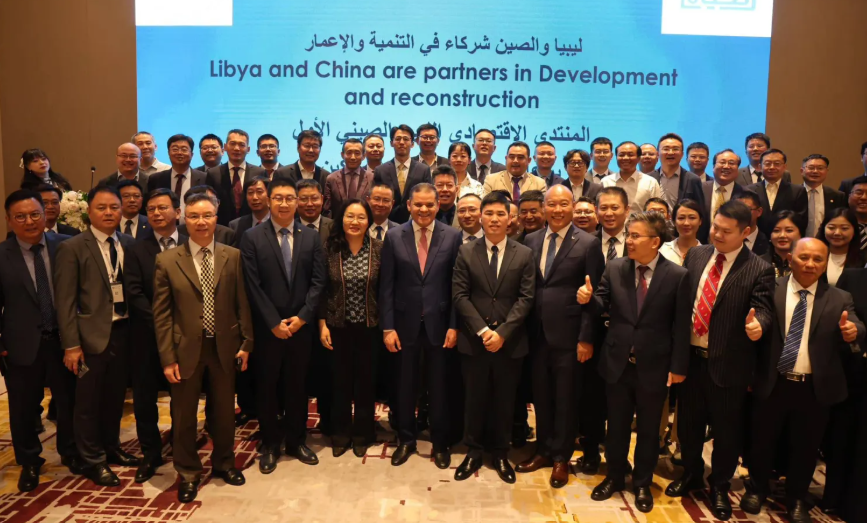
Reviving the Partnership
Analyzing China’s growing role in Libya, political science researcher Elyas Albarouni said the interest is supported by Libya’s strategic location on the Mediterranean and its potential as a transit hub linking Asia and Africa.
“China seeks to include Libya in its broader geoeconomic strategy, leveraging the country’s geographic position to advance mutual interests,” he told Al-Estiklal.
“China aims to establish a foothold in the region, especially amid strong competition among regional powers for influence in Libya.”
He added that Libya’s governments are looking to capitalize on reconstruction opportunities in the east, including developing ports, airports, and other infrastructure, areas that require major companies.
“China wants to be the first to invest and strengthen its presence in Libya, particularly taking advantage of political divisions to secure contracts and deals, which is already happening in the east,” Albarouni said.
He pointed out that western Libya is tied to agreements with European powers, Turkiye, and the United States, limiting China’s opportunities there. This has pushed Beijing to focus on the east to consolidate its influence in North Africa, aided by favorable strategic conditions.
Among these is Libya’s long Mediterranean coastline, connecting Europe, Africa, Asia, and the Americas. Additionally, the ongoing conflict and absence of a unified government create a geopolitical vacuum.
“This environment gives China fertile ground to establish a foothold through alliances and leverage against the West,” Albarouni said. “China’s move into eastern Libya is not random but a calculated step in its strategic plan for influence in North Africa.”
Strategic Ambitions
A Chinese report highlighted Libya’s emergence as a key element in Beijing’s growing geopolitical and economic ambitions. Investments are accelerating across energy, infrastructure, and logistics in eastern Libya as part of the Belt and Road Initiative.
The report, published by the Chinese site Sinosage on July 3, 2025, described Libya as “a gateway” capable of linking Africa, Europe, and Asia under a new global trade framework led by China.
“Libya may appear a fragile and fractured state, but to Chinese planners, it represents a gateway—one with the potential to tie Africa, Europe, and Asia together under a new global trade architecture led by Beijing.”
These developments reflect a broader Chinese effort to reshape trade routes, supply chains, and political alliances across the Mediterranean and sub-Saharan Africa.
Eastern Libya, controlled by Haftar’s “Libyan National Army,” is central to negotiations that could transform the region into a hub for China-Africa and China-Europe trade. The city of Tobruk, less than 400 kilometers from Crete and southern Europe, offers a unique combination of geographic proximity and maritime potential.
This access allows Beijing to reach African raw materials, including oil, rare earth elements, and agricultural products. Approval of Chinese proposals by Haftar could turn Libya into a western anchor for a massive Chinese-led logistics and energy network spanning the Indian Ocean, Red Sea, and Mediterranean.
The Tobruk refinery and associated infrastructure could give Beijing new leverage over European energy markets, especially as Europe seeks to diversify away from Russian gas. The dual-use nature of the upgraded Tobruk airport and port could also extend to Chinese naval or intelligence capabilities in the Mediterranean.
This possibility has already raised concerns in some NATO circles, although no official opposition has been expressed.
If successful, China’s strategy in Libya could reshape supply chains and trade flows across Eurasia, marking a shift in soft power and strategic influence in North Africa with potential implications for Europe’s energy security and geopolitical autonomy.
The report emphasized that Chinese control over the Tobruk refinery and associated ports would give Beijing significant influence over supply chains feeding Europe, especially as Europe increasingly relies on alternative energy sources from the Middle East and North Africa following the Russia-Ukraine war.
This influence could challenge Europe’s energy independence during future crises and increase reliance on Beijing amid existing tensions within the Atlantic alliance. Control over container logistics in Tobruk would extend Chinese leverage beyond energy to manufactured goods and critical technologies. The dual-use airport, surveillance infrastructure, and digital networks could also serve intelligence and military objectives.
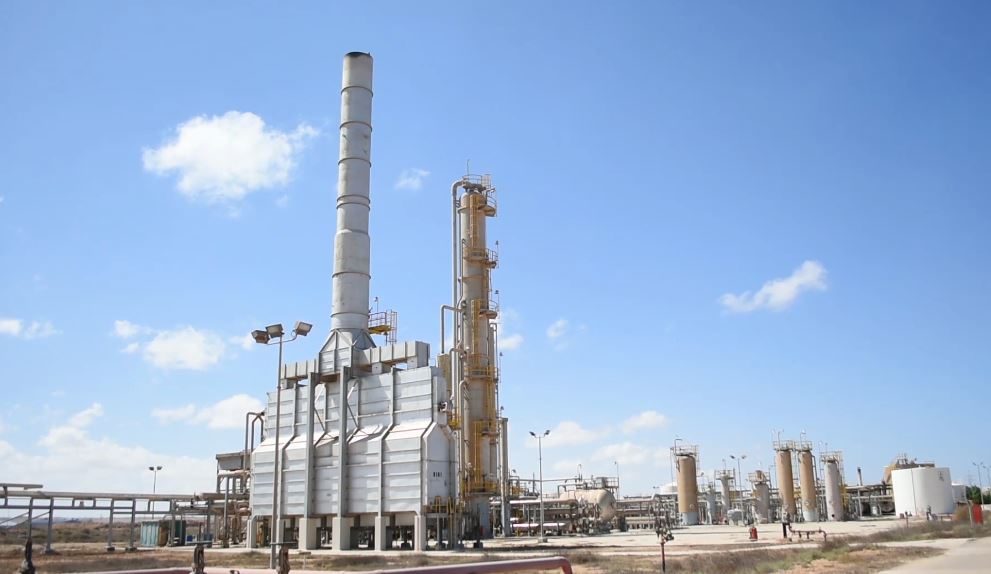
Expanding Influence
In the same vein, a Turkish research center observes that China is actively exploring economic opportunities in Libya to strengthen its regional influence under the Belt and Road Initiative. Beijing’s focus includes infrastructure, railways, and renewable energy projects.
The Turkish Strategic Research Center, TASAM, highlighted China’s efforts to expand its presence in North Africa and reshape the regional balance of power, with Libya emerging as a key target.
A TASAM report released in August 2025 traced the renewed momentum in Libyan-Chinese relations back to spring 2023, noting the launch of economic projects and the expansion of political and military engagement. Beijing has relied on “political neutrality” in Libya, which allowed it to maintain balanced relations with both the eastern and western authorities.
From the center’s perspective, U.S. President Donald Trump’s relative disengagement from Africa created new openings for China to expand its influence, particularly in Libya.
China’s focus on development projects in Benghazi and Tripoli “reflects shared interest in restructuring Libya’s various political factions,” according to TASAM. This approach could limit Western Europe’s influence in the region and shift competition between China and the United States to North Africa through Libya.
The center noted that this dynamic contributes to “political uncertainty” in the region, with unclear prospects for renewed U.S. intervention.
China’s approach in Libya follows a long-term strategic vision, rolling out parallel projects for both the central government and local authorities while diversifying investments to ensure broad and sustainable influence, according to TASAM.
Chinese analysts see Libya’s strategic location as a potential alternative to the India-Middle East-Europe economic corridor announced in 2023, enhancing its value for Beijing-led regional connectivity projects.
“Libya is more than just an investment arena for China. It is a potential hub for expanding economic and geopolitical influence in North Africa and a strategic platform to redraw regional balances amid rising global competition,” the report stated.
The security dimension is also increasingly prominent. Beijing has developed military and security cooperation with over 100 countries as part of its Global Security Initiative. If a military partnership with Libya materializes, TASAM warns, “its impact could extend beyond Libya, reshaping strategic balances across North Africa.”
Sources
- China envoy highlights ‘deep-rooted’ ties with Libya
- China's Expanding Strategic Footprint in Libya: Energy, Infrastructure, and a New Gateway to Europe
- Turkish Center: How China Plans to Boost Its Investments in Libya and Expand Its Regional Influence [Arabic]
- China envoy highlights ‘deep-rooted’ ties with Libya
- Remarks on UNSMIL by Ambassador Sun Lei at the UN Security Council Briefing
- China says ready to work with Libya on global governance
- Libya discusses resumption of Chinese Embassy operations in Tripoli


